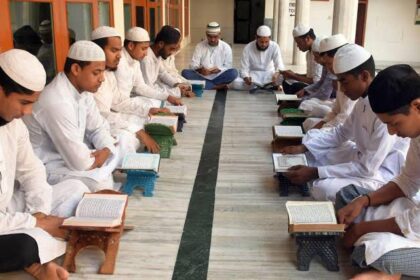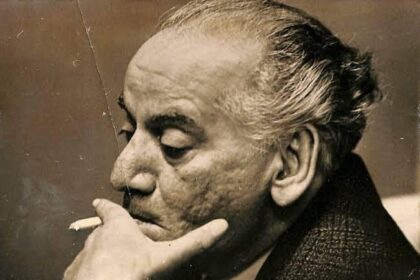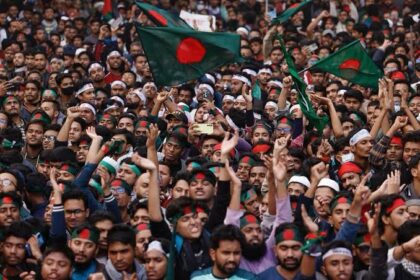Pakistan’s identity is intricately linked to its religious diversity. From the majestic mosques to the vibrant Hindu temples, the bustling churches, and the serene Gurdwaras, the South Asian country boasts a rich tapestry woven from countless faiths and beliefs. The constitution guarantees the right to practice, preach, and assemble for all religions, acknowledging the importance of religious freedom in a pluralistic society.
However, the reality for many religious minorities, who constitute only about four percent of the population, paints a different picture. At its core, religious freedom protects the right of individuals to hold their own beliefs, whether in a specific religion or none at all. It allows them to express their faith openly, privately, and in community. This includes the freedom to build places of worship, celebrate religious holidays, and wear clothing that reflects their beliefs.
Religious freedom fosters a society that is tolerant and respectful. It allows for open dialogue and understanding between different faiths, promoting social cohesion and peace. Religious communities also play a vital role in social development, providing education, healthcare, and other essential services that benefit the entire society.
Despite these advantages, violations of religious freedom persist in Pakistan. Minority groups, including Christians, Hindus, Sikhs, and Ahmadi face challenges. One particularly disturbing issue is the forced conversion of non-Muslim girls, often through abduction and coercion. This practice not only violates their fundamental rights but also creates fear and insecurity within these communities.
Additionally, the demolition or desecration of religious places of worship belonging to minority faiths, such as churches and Gurdwaras, is a growing concern. These acts not only disrespect the beliefs of others but also undermine the very idea of religious pluralism. Several key actions can be taken to strengthen religious freedom in Pakistan.
Upholding the law is a crucial first step. The government must take a more proactive stance in enforcing existing laws that protect religious freedom. This includes strengthening legal frameworks to address contemporary challenges like forced conversions and ensuring impartial enforcement. Robust legal structures combined with fair application are essential to deter violations and ensure justice for victims.
Promoting interfaith dialogue is another crucial step. Encouraging open and respectful dialogue between different faiths fosters understanding and combats prejudice. This can be achieved through interfaith education programs in schools and universities, as well as by facilitating dialogue platforms where leader from various religious communities can come together for constructive discussions.
Building bridges of understanding can help dismantle walls of suspicion and fear. Educational institutions also play a vital role in promoting tolerance and respect for all religions. Curriculums should be revised to include a more inclusive portrayal of religious diversity in Pakistan.
This can involve highlighting the historical contributions of different faiths to the nation’s development and fostering a sense of shared identity amongst all citizens. Additionally, creating open and respectful environments in schools where students from different backgrounds can interact and learn from each other is crucial. By educating future generations about the importance of religious tolerance, we can build a more inclusive society for all.
Finally, combating hate speech is essential to protect vulnerable communities. Hate speech, whether online or offline, can have a devastating impact by inciting violence and discrimination. The government can play a role by enacting stronger legislation against hate speech and by actively working with social media platforms to remove hateful content. Civil society organizations can also play a vital role in monitoring hate speech and promoting counter-narratives that emphasize respect and understanding.
Religious freedom is not just a fundamental right, it is the cornerstone of a vibrant and inclusive society. It allows individuals to live according to their beliefs without fear of persecution and fosters a sense of belonging and shared identity. By working together, the government, civil society organizations, religious leaders, and citizens at large can create a Pakistan where religious freedom flourishes for all. This will not only ensure the safety and security of minority communities but also strengthen the nation’s socialfabric and promote peace and development for all its citizens.











